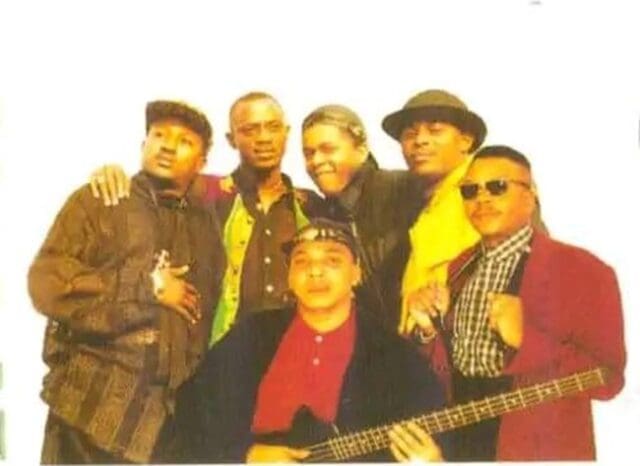
In the heart of Africa’s vibrant musical landscape, few names resonate as powerfully as Wenge Musica.
As pioneers of the soukous genre, this iconic band has not only defined an era but also transformed the rhythm of contemporary African music.
Their journey, marked by electrifying performances and unforgettable hits, invites fans to explore the rich tapestry of culture and emotion that defines their sound.
From the bustling streets of Kinshasa to stages across the globe, Wenge Musica’s influence has transcended borders, uniting diverse audiences through the infectious spirit of their music.
The Incredible Journey of Wenge Musica
Wenge Musica, one of the most influential Congolese music groups, had its roots in Kinshasa, Democratic Republic of the Congo.
It began in 1979 when a group of school friends, including Aimé Buanga, Werrason, Didier Masela, and others came together with a shared passion for music.
Wenge Musica, initially known as Celio Stars, began in 1979 with school friends like Aimé Buanga, Werrason, Didier Masela, and others. They later changed their name to Wenge Musica in 1981.
As their popularity grew, Wenge Musica became known for pioneering a new wave of Congolese rumba called ndombolo, a fast-paced and dance-heavy variant of soukous. The core lineup included future Congolese music legends like:
-
JB Mpiana
-
Werrason
-
Didier Masela
-
Blaise Bula
-
Alain Makaba
Wenge Musica’s success skyrocketed in the late 1980s and early 1990s. However, in 1997, tensions within the band, including a rumored fight between Werrason and JB Mpiana, led to a split.
The split resulted in the creation of Wenge BCBG, led by JB Mpiana, and Wenge Maison Mère, led by Werrason—both of which carried the legacy forward in different directions.
Key Stages of Wenge Musica’s Journey:
-
Early Formation (1979-1982):
School friends form Celio Stars, later Wenge Musica, including Aimé Buanga, Werrason, Didier Masela, and others.
-
Lineup Changes and Rise to Prominence:
The band evolves with the additions of JB Mpiana, Blaise Bula, and others, solidifying their sound and attracting a large following.
-
European Tour and “Kin É Bougé”:
Wenge Musica undertakes its first European tour in 1991 and records the album “Kin É Bougé”.
-
“Kala-Yi-Boeing” and Concerts:
The band releases “Kala-Yi-Boeing” and performs concerts alongside other major groups.
-
Pioneering Ndombolo and Popularity:
Wenge Musica is credited with pioneering the ndombolo dance style, which became a major cultural phenomenon in Africa.
-
Challenges and Rivalry:The band faces visa issues and a rivalry with Wenge Musica Aile Paris, impacting its performance and direction.
Despite the split, Wenge Musica’s impact on African music remains profound. The band helped modernize Congolese music, attract younger audiences, and influence countless musicians across Africa.






